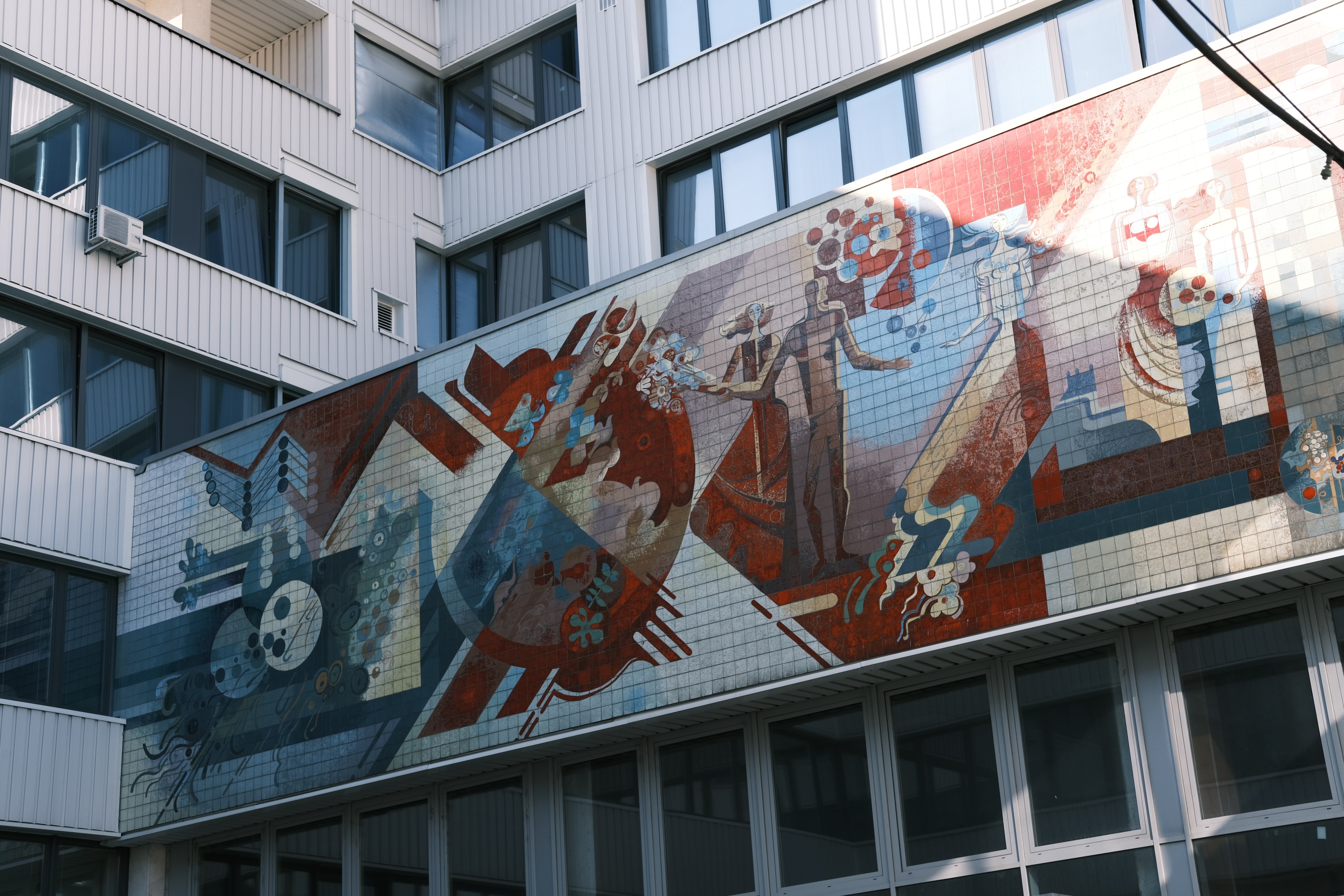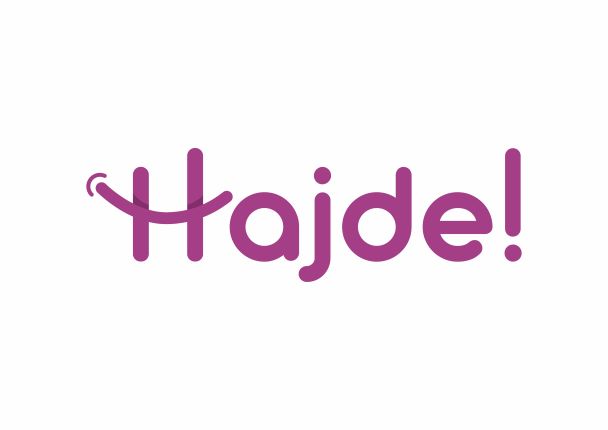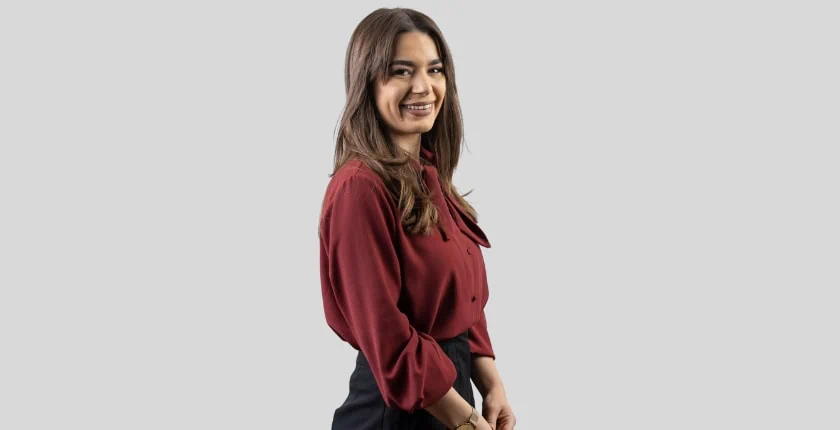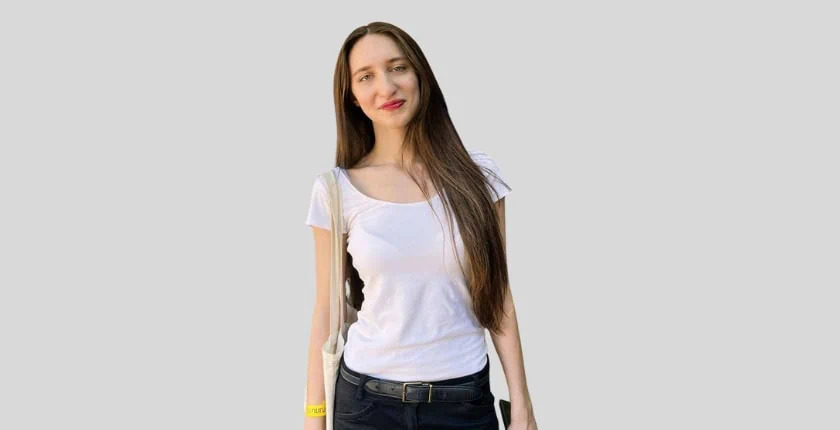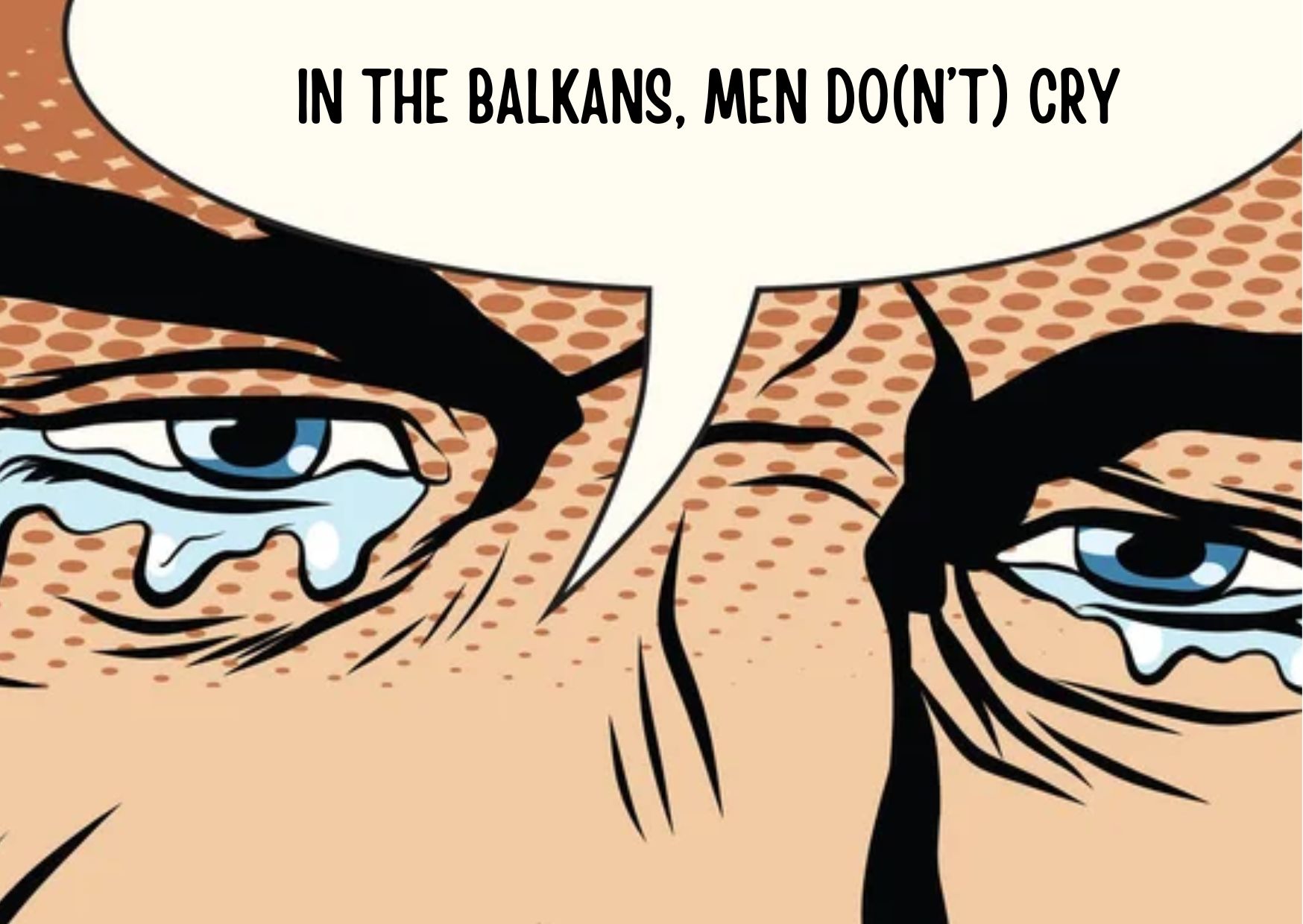Communism is something that every individual in the Balkan can recall, because many have lived it and others learn it through stories. In every Balkan country one can find reminiscences of the regime. But communism is something that extends beyond the borders of the Balkan.
Elitsa is a Bulgarian student studying Media and Information at the University of Amsterdam. She wanted to contribute to Hajde platform when she found out that there are many similarities she can connect with as a Bulgarian Young person. But she wanted to bring a new perspective of an historical event that connects all Eastern Europe. She has asked her parents about communism, in order to compare two generations and trace the consequences that this regime have left to the youth of today. These opinions, come just accross the borders of the Balkan, but surely sound very similar to what many may have experienced, learned or heard.
Author: Elitsa Kaleva
Department of Media and Information
University of Amsterdam
The Netherlands
The world around us changes every day – with us, because of us, and without us. We experience its changes, learning and transforming ourselves, but most importantly – trying to adapt to them. We are not able to predict the changes, neither to face all of them. However, we encounter a small amount of them, and we allow them to change us, sometimes being aware that we are both the cause and the consequence and sometimes not. Historical events happen every day, and we are able to analyze them and their consequences for us as far as our experiences reach. We perceive these events through our own prism, depending on our backgrounds. The communist regime had been experienced by numerous people in the Balkans and contributed to building various characters, leaving a permanent trace on their lives and mentalities. People who have raised some of us and who have been our role models, participating actively in the process of establishing our values and beliefs. Therefore, the communist regime indirectly influenced us as well.
The human being is a creature that constantly adapts and different political changes influence him/her during the period of adaptation, but after, the individual focuses again on his/her life, abstracting himself/herself from the political changes. Do you agree with this statement and in your opinion how much time did it take you to adapt to the new political reality after the communist regime?
Mother - Indeed, the human being is an adapting creature, and even though nowadays the individual is forced to adapt to changes even faster, it does not mean that it happens easily. I believe that I need a considerable amount of time to adapt to a new political regime. Because with the change of a political regime, the individual feels uncertain about his workplace, the healthcare, the economy of his country, and focusing on everydayness becomes harder and harder. However, there is always hope that after every political change, something brighter and better will come, something that will make our lives safer and easier.
Father – Our life during the communist regime was monotonous: it included going to work, coming back home, meeting with friends, and this way day after day. The drastic change in the political regime in Bulgaria caused chaos: cereal crisis, currency change, which led to financial losses, most shops were empty, no bread on the shelves. There were strikes and protests and adapting was extremely hard when everything is changing in front of you.
What things did you miss during the communist times, what about now?
Mother – During the communist times we didn’t have the freedom to choose between different countries where we want to study, neither to express our opinions on particular topics. People were more limited regarding the information to which they had access (limited information about what is happening in other countries). However, now we are drowned in useless and inaccurate information. I remember how happy I was when my parents bought me something as simple as chocolate from the supermarket. Back in these days blocks of chocolate were a luxury, but there is the other side that now this is something simple and almost taken for granted. During the communist regime, people had a particular value system, and the family was the most valued thing. Today freedom in the democratic system is misunderstood and has become an excuse for irresponsibility.
Father – During the communist times I didn’t have the right to travel without restrictions and limitations, to listen to other country’s radio stations, and I was not allowed to buy a car or an apartment even if I had saved money. In the democratic system, we lost the peacefulness of the lives we had during the communist regime. No matter how many locks you have on your front door, there are still robberies and crimes.
What was the political and social situation in the other Balkan countries during the communist regime?
Mother – During the communist regime in Bulgaria we didn’t have a lot of information about the world. With an interest, we listened to the forbidden radio station “Free Europe” which informed us about events happening in other countries. We waited for someone from the international drivers to come back and describe to us the countries that they had passed through, their landmarks, the shops with perfectly arranged and filled shelves.
Father – As a soldier, I passed through Romania, and this is actually the only Balkan country that I can tell you about. It was in 1985 or 1986 and there was a serious food deficit. The Romanian people we saw were clean and tidy, but they were hungry. While the train passed through the country, at some places we threw canned food through the windows, in order to help them. The hunger was evident – they fought for the goods we threw. We had to take shifts to watch the train and the food resources. We also went through Ukraine and there the economical and political situation was the same as the one in Bulgaria. It was quiet and I saw the same types of soviet buildings and the same food scarcity in the supermarkets.
I have heard stories arguing that during the communist regime in Bulgaria people were closer to each other and more relying on each other’s help. Do you think that this change in individuals’ relationships is a consequence of the change in political regime, the development of the technologies, or a mixture of all that?
Mother – In my memories, during the communist regime people were closer to each other and we had more trust in our neighbor next door. Indeed, I believe that the development of the technologies made us colder to each other and our life as well as we ourselves changed. I argue that both of these changes (the development of the technologies and the change of the political regime) influenced our relationships with each other. For instance, people prefer to text and send messages instead of calling and hearing others’ voices and all of this reflects on our relationships. However, from another perspective, the technologies make impossible connections possible.
Father – Indeed, people are not as close as they were, and they stopped helping each other. I won’t judge them because this drastic change in the political regime led to an insufficient number of workplaces and numerous people lost tight connections with close to them friends and relatives because they went abroad searching for work. Technological development came later and when that happened, most people focused their attention way too much on their devices.
Comparing your youth during the communist regime and mine during the 21st century, what are the main differences between them? What was forbidden during your youth that is completely allowed nowadays?
Mother – My youth during the communist regime was much quieter and more carefree in the sense that I could easier get back home late at night even though I was a girl. However, I didn’t have a variety of information about the world, and I was not able to make choices on my own. For instance, when I was still a student, I couldn’t have longer hair than the allowed norms for girls. Today you have the freedom to choose the length and the color of your hair. You have complete freedom to choose how to live your life and to be informed about the world around you. You can travel wherever you want, you can express your opinion on any topic, and you are free to stand out. When I was a student, our appearances were almost identical, and we had to behave according to particular norms.
Father – Our youth was carefree because we knew that after we graduate, the next step is work and it was very easy to find a workplace. Nowadays is different, you are always competing for prestigious universities and good workplaces. About what was forbidden, there were a lot of forbidden things. For instance, we were not allowed to go to school without school uniforms, have long hair, or smoke.
